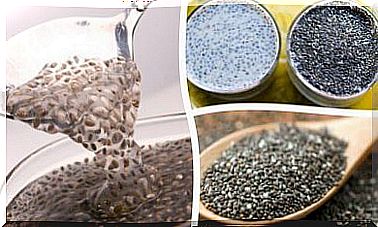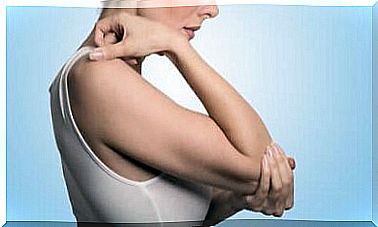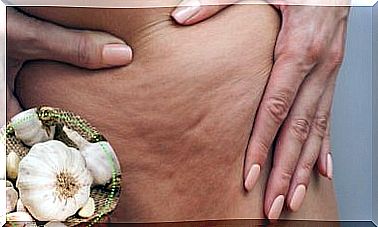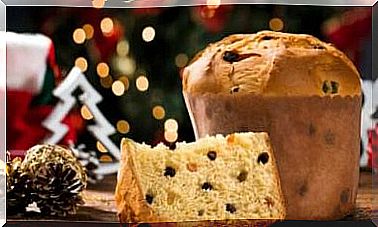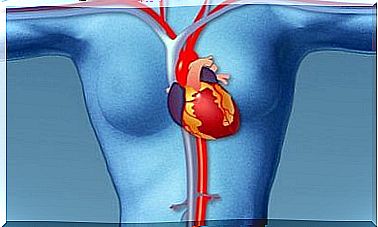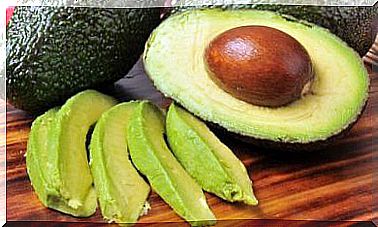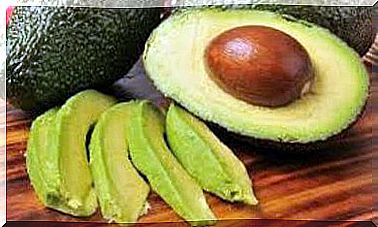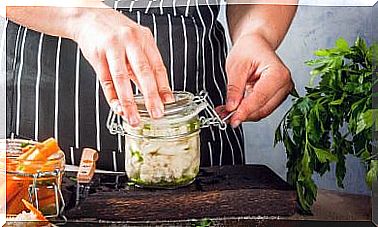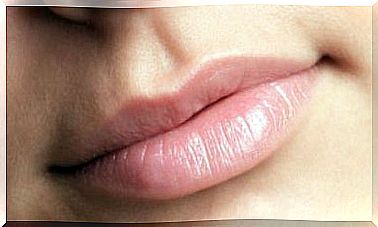Dietary Restrictions For Neutropenic Patients
Neutropenic patients need a special diet to reduce the risk of contracting infections. Do you know what they should avoid in their diet? We invite you to find out.
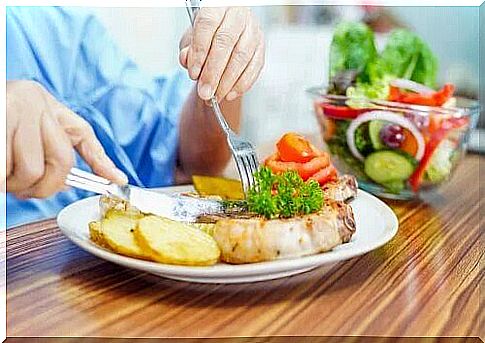
Neutropenic patients need a special diet to reduce the risk of getting infections. A neutropenic person has a low level of white blood cells (especially white blood cells called neutrophils).
The causes can be multiple but the disease is most notable in patients who have cancer and who must undergo chemotherapy treatment. In the following, we will talk about the restrictions and tips to take into account to eat properly in these cases.
What is neutropenia
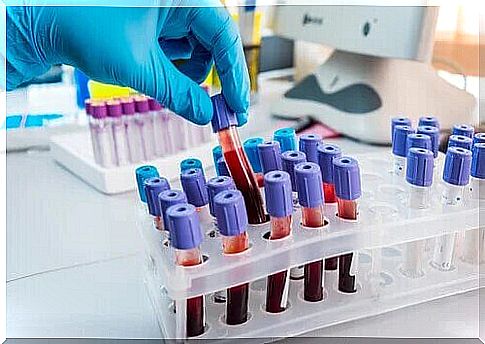
Neutropenia is a reduction in the number of neutrophils in the blood, according to a study published in Clinical Cornerstone. If this decrease is significant, the risk and severity of bacterial and fungal infections increase. Focal symptoms of infection may go unnoticed, but a fever develops in more severe infections.
Diagnosis is made by counting the number of leukocytes with a differential formula, but evaluation requires identifying the cause. In case of fever, infection is suspected and therefore immediate empiric treatment with broad-spectrum antibiotics is necessary, especially when neutropenia is severe.
What is the diet of neutropenic patients?
Here, a large part of the problem appears. Indeed, there are no uniform standards for the administration of a neutropenic regimen and its variations are numerous.
Even within the same hospital center where different professionals defend different diets for the same purpose. It is possible to find some protocols, like the one published in the Journal of Human Nutrition and Dietetics, but they are not systematized all over the world.
What foods should neutropenic patients avoid?
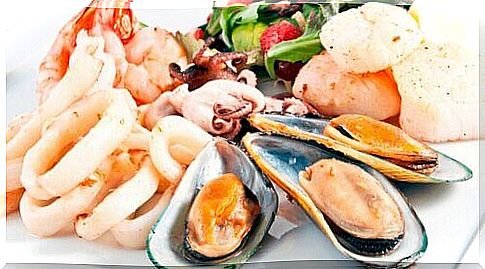
Depending on what your oncologist tells you and the center where you are having chemotherapy, you may be advised to avoid certain foods. The list of foods to avoid includes:
- Raw meats and seafood.
- Raw nuts.
- Butter.
- Any food that may contain raw eggs.
- Soft or mature cheeses.
- Unpasteurized cheeses.
- Unpasteurized milk.
- Fruit and vegetable juices.
- Bulk cereals.
- Cakes filled with cream that are not frozen.
- Raw honey or out of the box.
- Waters from water sources or wells.
- Water supplemented with vitamins.
- Sauces or dressings from the supermarket.
What are the risks of the neutropenic diet?
Oncologists are now placing more emphasis on safe food handling techniques, rather than restricting food. Chemotherapy already has a great impact on a person’s body and appetite. Restricting food even further can worsen underlying nutritional deficiencies.
While you may hear that the neutropenic diet can be good, safe food handling and limiting consumption of certain foods remain more important than ever in reducing disease, and potentially mortality, while receiving chemotherapy. .
In recent years, the effects of the ketogenic diet have been studied in these types of patients, with promising results in reducing mortality.
Important aspects to consider

People on chemotherapy also face other challenges on a daily basis:
- Sores in the mouth. You should therefore choose foods that are less likely to harm you when you eat them. It is better to avoid citrus fruits or spicy foods.
- Loss of appetite. Even if you don’t feel like eating, there are a few tips that can help you get proper nutrition.
- Taste changes. Some chemotherapy drugs can make everything you eat taste metallic. Choosing foods, such as those with strong flavors and eating with plastic utensils, can help among other changes.
- Fatigue is one of the most troublesome symptoms in cancer treatment, and it’s not uncommon for people to not eat as healthily as they should. Be sure to ask for help with cooking and cleaning. (Keep in mind that loved ones of people with cancer often feel helpless. Seeking help is something you can do for them.)
If you are concerned about handling foods or which foods you may or should not eat while undergoing chemotherapy, talk to your oncologist and ask if it would be a good idea to see an oncology nutritionist.
Finally…
In addition to safe eating practices, there are many ways you can reduce your risk of developing an infection during chemotherapy, especially when your white blood cell count is low. We often think of friends with a cough or cold, but pets can also be a source of infection.
